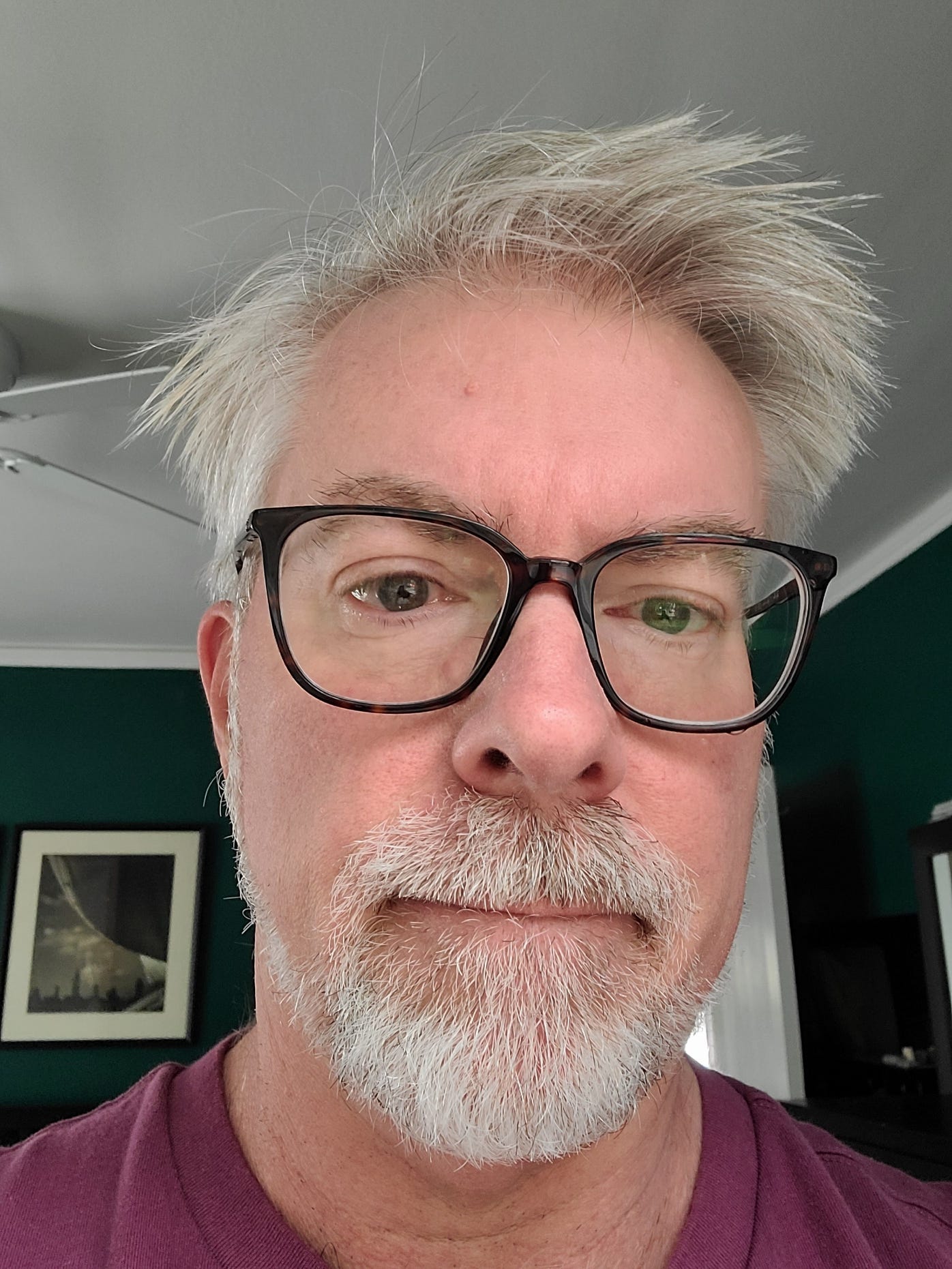What is Leeway?
“Leeway” originally meant travel in a downwind direction—pushed by the wind. If a ship didn’t have much room to be pushed downwind before hitting some rocks or the beach, she didn’t have much “leeway.” So, it’s easy to get how it came to mean, more generally, wiggle room, or room to maneuver.
I was trained as a maritime technological historian; I’m a scholar of ships and their use. (I want to make a pun about “scholarship” but I can’t figure one out.) With this series of essays, though, I get to delve more broadly—and more randomly—into topics that relate technological history to other things I’m thinking about—or to things we’re all going through right now. I write these pieces to be accessible to a general educated audience. They’re loosely-structured and much more casual than academic writing allows!
I’ve now been writing Leeway for a year, publishing it every other Sunday morning. The essays are between five- and ten-minute reads; I see them as accompaniments to a morning cup of good coffee. Sometimes, I include suggestions for other things to read or watch—especially things that directly influenced whatever that essay is about.
Who am I?
My name is Phillip Reid. I received my MA in Maritime History and Nautical Archaeology (now called Maritime Studies) from East Carolina University in 1998 and my PhD in history from Memorial University of Newfoundland in 2017. I’ve been a recreational sailor since 1991, a freelance magazine writer, and a college history instructor. I’ve worked in museums and historic sites and a dive shop and I’ve studied piloting, navigation, boat operation (sail and power) and repair, German, and French. I’ve been a certified scuba instructor since 1995 but haven’t been diving in way too long
.
Since 2017, I’ve published two books, ten journal articles, a book chapter in an edited collection, and I have one more article coming out in 2024. More to follow. For more about all that, please see my website’s Publications page.
Subscribe for automatic delivery
Every new essay goes directly to your inbox every other Sunday morning. You can unsubscribe whenever you want.
In the works…
I’m just starting work on a series of longer, more formal talks on maritime technological history that I will record in high-quality audio—like a podcast, but just me (for now), and I think I will limit them to half an hour long or less. I’ve written the first one. These will be available to contributing subscribers.
Consider supporting Leeway and independent writing
I’m an independent scholar and writer; my work generates almost no income, as academic publishing does not pay royalties to authors (except in rare cases of unusually-large sales, or textbooks). I’m also not grant-funded; grants that pay stipends for everyday life, as opposed to reimbursement for travel expenses, are very few and hyper-competitive. I keep trying…
I do not want to put Leeway behind a paywall; there are enough of those in my academic world! I’d much rather have subscribers support it voluntarily if they are able and so inclined, to the extent you feel comfortable with. There is no advertising or sponsorship revenue here.
Another way to support this effort is to share it with anyone you think might find it interesting. (If you’re wrong, no harm done, right?)
To find out more about the company that provides the platform for this series, visit Substack.com.



